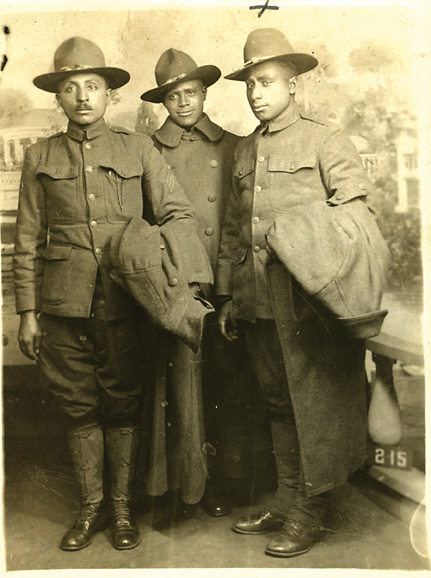African American Genealogy
Posted on January 30, 2011 by bob in Discover Your Past, DiscoverYou
In 1976, Alex Haley published his book, Roots, The Saga of an American Family, sparking great interest in African American genealogy.
Always rich in oral history, African American family history often lacked substantive evidence which records can provide, so this new interest in genealogy inspired many African Americans to get down to the business of documenting their family history.
Beginning African American family history research requires the same steps as researching families of other ethnic backgrounds.
Check for records at home. Interview older family members. Then begin with yourself and work backwards, using census records to form the branches of the tree, and county, military, and other government records to add leaves to the tree.
There are some twists to be aware of when doing African American family history research, including the common use of nicknames; changing surnames; the research process deviates a bit if your African American family was enslaved.
The following may also prove helpful when delving deeper into your African American roots.
1. The 1870 federal census was the first U.S. census to enumerate newly emancipated African Americans by name. Free blacks were enumerated in previous U.S. censuses.
2. The 1866 Alabama State census, schedule #2 or Colored Population schedule, was the first after the end of slavery, but lists only heads of households, often by just a first name.
3. If the family was enslaved, few records prior to 1865 were created naming slaves. Those created after 1865 are often designated as “Colored” and are in separate volumes.
4. Slave schedules were created in 1850 and 1860, but name only the slave owner. They list the slaves by age, gender, and color. There is also a category for manumitted and runaway slaves.
5. Newly emancipated slaves often took the names of their slave owners, but not always. If you know the name of the slave owner, or a possible slave owner, and the slave owner died before 1865, you may find that slaves are listed by name, age, and value in the will, estate records, inventory, or probate records of the slave owner.
6. The 1867 Voter Registration Records and Loyalty Oaths were the first records created in Alabama after emancipation listing African American males 21 years or older.
7. In the late 19th and early 20th centuries, the penal system in Alabama was used as a means of social control. Prison records provide a wealth of information and are a potential source of family history information.
For more information visit the Alabama Department of Archives and History’s African American research brochure at www.archives.alabama.gov/research/african_american_research_guide.pdf.
Nancy Dupree is Senior Archivist at the Alabama Department of Archives and History. If you have a question for Nancy, email us at primeeditor@gmail.com. Photo courtesy ADAH.












32 Responses to “African American Genealogy”